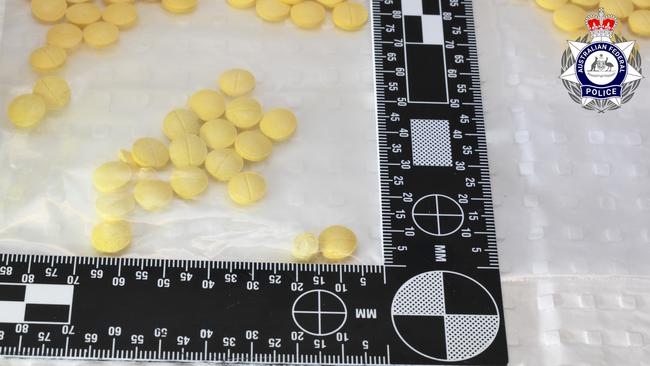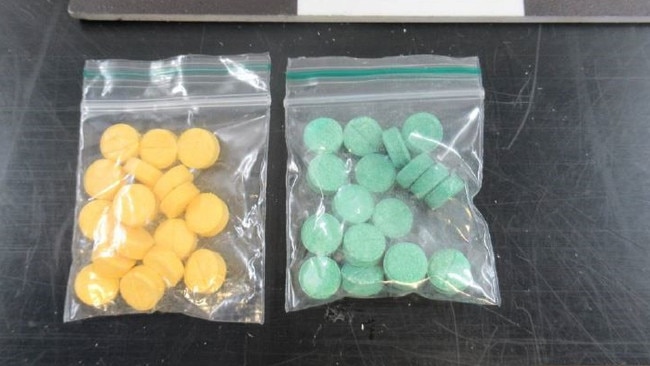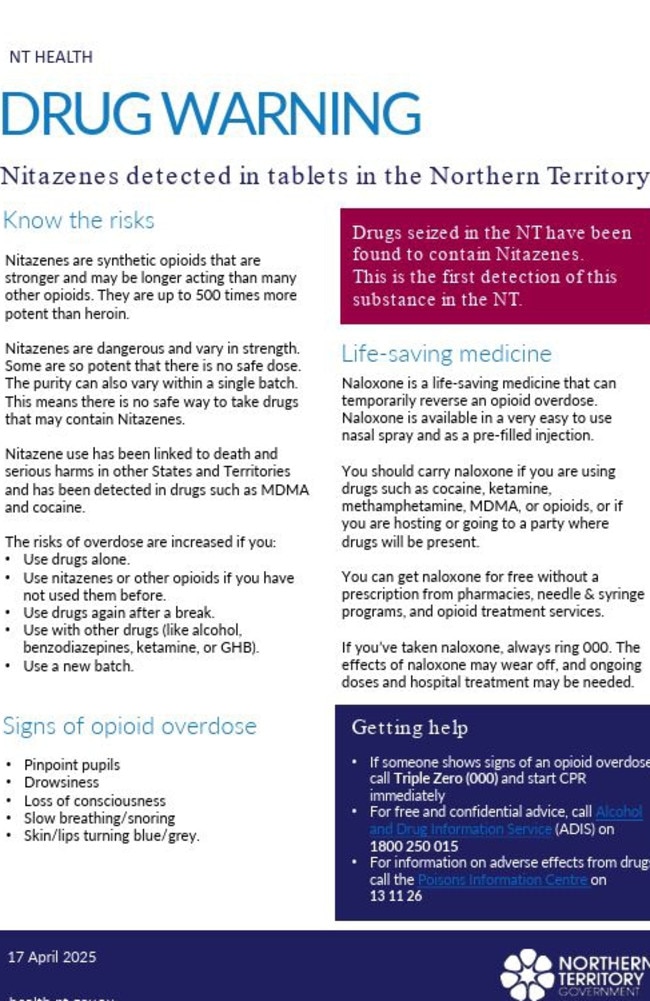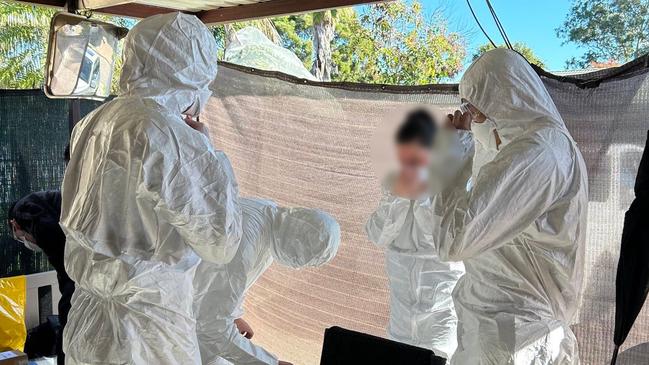Killer synthetic opioid, nitazene, found in the Northern Territory, NT Health issue public health warning
A deadly synthetic opioid considered to be up to 10 times stronger than fentanyl has been found in the Northern Territory, as police charge a man alleged to have been in possession of the substance.

News
Don't miss out on the headlines from News. Followed categories will be added to My News.
A deadly synthetic opioid considered to be up to 10 times stronger than fentanyl has been found in the Northern Territory, as police charge a man alleged to have been in possession of the dangerous substance.
NT Health has issued a Territory-wide public warning for nitazenes, but told the NT News it could not provide specific details about where the substance was found because it was now a police matter.
The warning comes less than a month from the Territory’s biggest music festival Bassinthegrass on May 17.
They say the risks of taking the illicit drugs means there is no way of knowing what type of nitazene is present or what dosage is being taken.
Nitazenes are sold in a variety of forms including powders, tablets, nasal sprays and vape liquids and have been linked to numerous deaths in states and territories around the country.

Some nitazenes – which have been detected in illicit drugs such as MDMA and cocaine, as well as counterfeit pharmaceuticals – are so potent that there is no safe dosage, with as little as two milligrams enough to cause death.
It was this high potency that stopped Nitazenes, which are up to 500 times stronger than heroin, from being approved or marketed as a medicine in the 1950s, when it was introduced as an alternative to morphine.
Between January 2023 and September 2024, Australian Border Force detected 64 imports of nitazenes at the Australian border.
Symptoms of opioid overdose include pinpoint pupils, drowsiness, and loss of consciousness, slowed breathing and snoring, skin turning blue, fever and sweating and itchiness.

The risks of overdose are increased if you use the drugs alone; use nitazenes or other opioids if you have not used them before; use drugs again after a break; use with other drugs such as alcohol, benzodiazepines, ketamine, or GHB; or use a new batch.
Anyone who is taking an illicit or unregulated drug could be at risk and are encouraged to carry naloxone, a lifesaving medication that can temporarily reverse an opioid overdose.
Naloxone, which can be taken by injection or through nasal spray, works by blocking opioid drugs from attaching to opioid receptors in the brain.
It is free to get – no prescription required – from pharmacies, needle and syringe programs and opioid treatment services across the Territory.
A spokesperson for NT Police said the most recent seizure of drugs containing nitazenes happened on February 18.
The spokesperson said a 21-year-old man was arrested at his home in Rapid Creek after Drug and Organised Crime detectives conducted a lawful search of his home.

It was alleged police located and seized 3.5kg of MDMA, 16.67kg of cannabis, 0.5kg of pills containing nitazenes, 2.4g of ketamine and a significant quantity of drug paraphernalia products from the residence.
Police later charged the man with multiple drug charges.
He appeared in Darwin local court in April and is expected to reappear on May 15.
Detective Superintendent Lee Morgan from the Drugs and Organised Crime Division said police would continue to target the “possession, supply and use of all illicit substances” across the NT.
“These drugs are manufactured in unregulated and unhygienic conditions, and anyone choosing to use them is gambling with their life,” he said.
“We are seeing an increasing presence of nitazenes in illicit substances – these synthetic opioids are extremely potent and pose a serious risk of overdose and death.”
Anyone with information on the supply of illicit substances in the Territory are urged to call police on 131 444 or make an anonymous report to Crime Stoppers on 1800 333 000.
More Coverage
Originally published as Killer synthetic opioid, nitazene, found in the Northern Territory, NT Health issue public health warning




